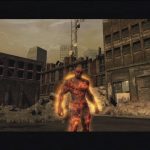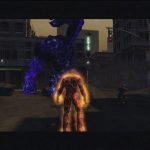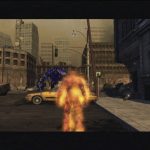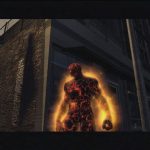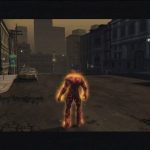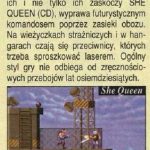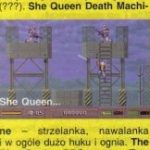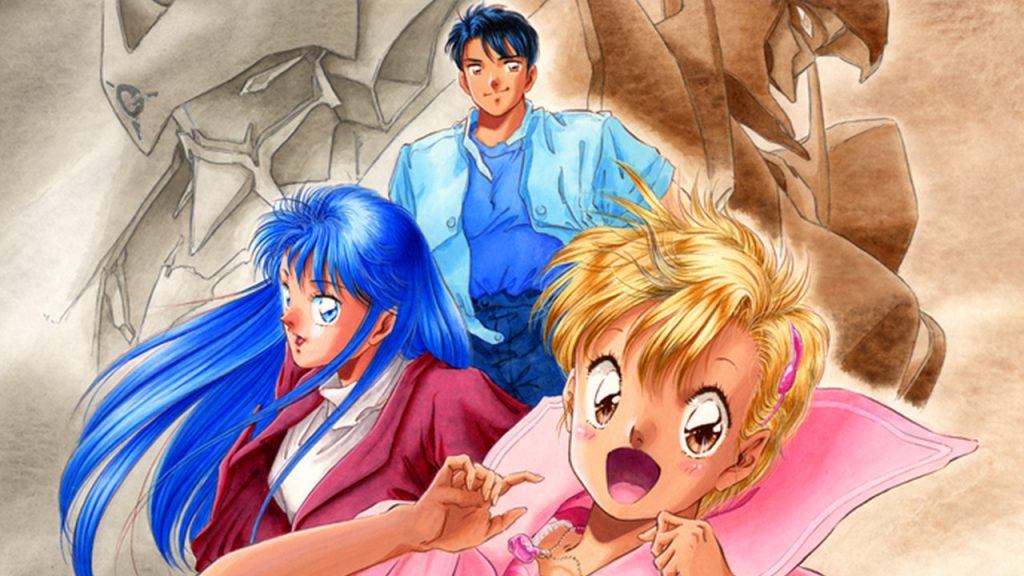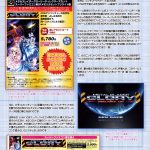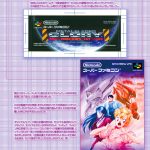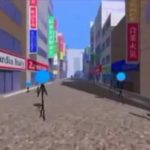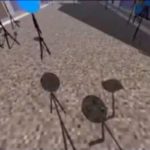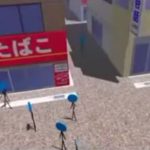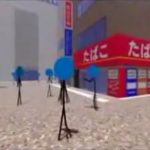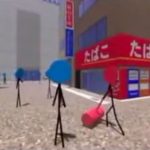Project X is a cancelled third person action game for Playstation 3 and Xbox 360, which was in development around 2005 / 2007 by Z-Axis studio (later known as Underground Development) for Activision. The game was never officially announced by the company and it’s just one of many more unreleased games (such as Call of Duty: Devil’s Brigade) the team was working on, before Activision decided to close them down in 2010.
Only a few screenshots and a short video remain to remember the existence of this lost game. By looking at these, we can assume the game would have been somehow similar to other action games with super-powers like Prototype and Infamous. The main protagonist was able to morph itself into different forms of elemental energy, for example a body of ice or fire. By switching elements it would have been able to easily kill different kinds of enemies of the opposite element.
It seems only an early prototype was developed before Activision cancelled the project, maybe to switch the team to work on the PS3 version of Enemy Territory: Quake Wars.
Images:
Video:

